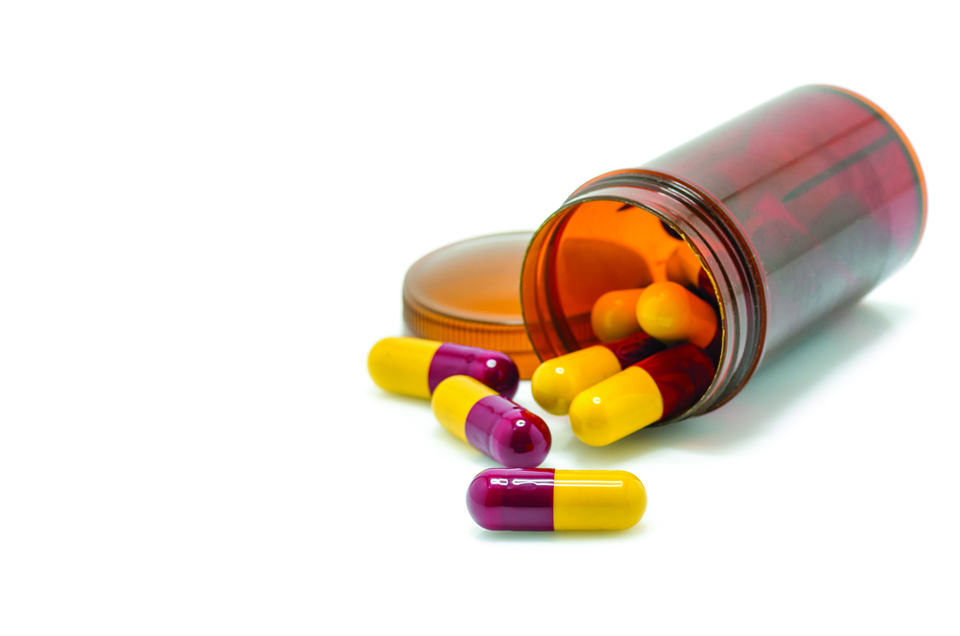Over time bacteria have changed and now they are much stronger and harder to kill. The antibiotics that we have are losing their effectiveness, and some no longer work at all. This is called antibiotic resistance. Antibiotic resistant bacteria are tougher than ever before, meaning the antibiotics we use to treat everyday bacterial infections do not work as well. Antibiotic resistance can happen naturally, but the major contributor is the overuse and misuse of antibiotics.
Antibiotic resistant infections are more difficult to treat and can lead to prolonged illness and the need for more medical procedures. The danger is that treatable illnesses like urinary tract infections, strep throat, or minor infections could become incurable.
Fortunately, there are simple ways you can prevent antibiotic resistance and protect yourself and your family. Use these five simple tips to help avoid getting sick, and to do your part to prevent antibiotic resistance.
1. Use antibiotics responsibly. Taking antibiotics when they are not needed can increase their risk of not working when you or your loved ones really need them. If you are prescribed antibiotics by a healthcare professional, take them as directed. Do not share your antibiotics with anyone, and be sure to return unused medicine to the pharmacy for safe disposal.
2. Keep vaccinations up to date. The best defence is a good offence, so stay healthy and make sure all your vaccines are up to date. Adults and children should also stay on top of required and recommended vaccines including the annual flu shot.
4. Practice safer sex. Antibiotic resistant gonorrhea is on the rise. To protect yourself from gonorrhea and other sexually transmitted infections, use condoms correctly every time you have sex.
5. Keep common surfaces clean. Resistant infections from contaminated food can make people sick. Ensure all shared surfaces in your home are visibly clean. In most cases, plain old soap and water is all you need. In the kitchen, be sure to store, handle, and prepare food safely to avoid food-related illness. It is especially important to wash your hands before and after handling raw meat, fish, or seafood and do not forget to thoroughly wash all fruits and vegetables that will be eaten raw.
Find more information at canada.ca/antibiotics.
